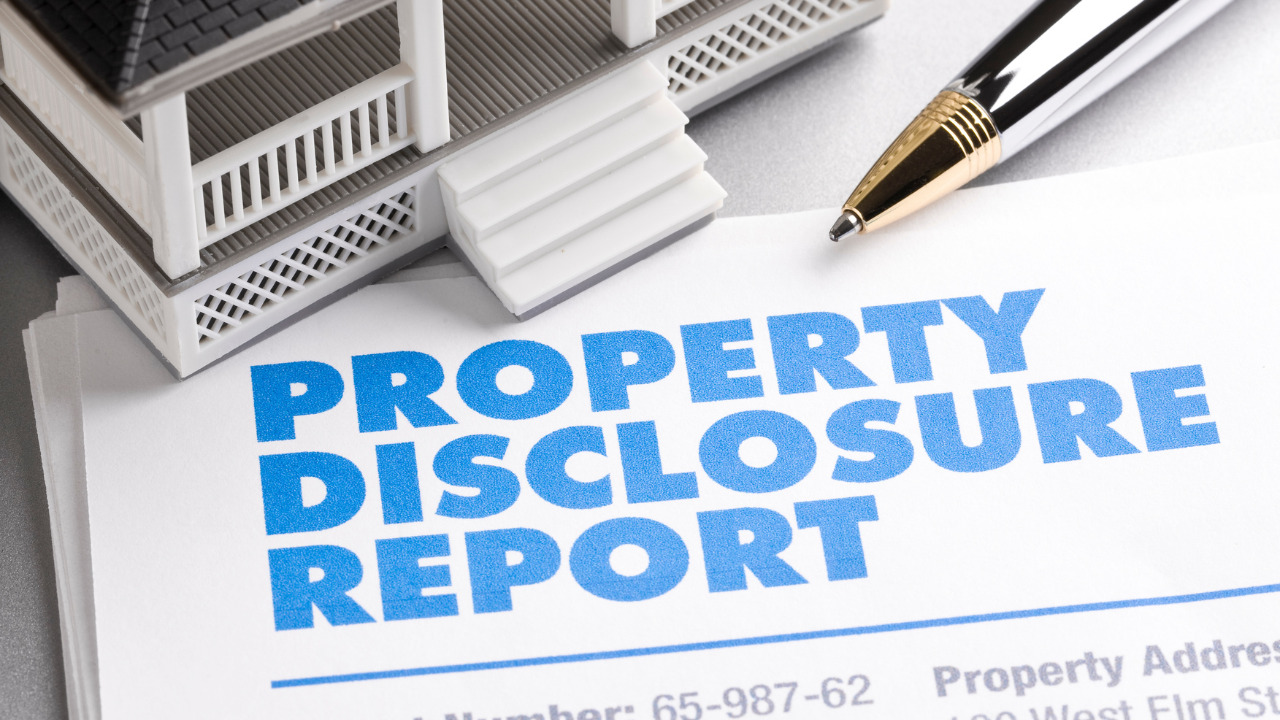Unclaimed property is money or property held by a company whose true owner has not been in touch for a predetermined amount of time. It might be physical or intangible. Uncashed checks make up most of the unclaimed property the university holds.
Property or accounts inside financial institutions or businesses that have not seen any activity for a year or more are considered unclaimed or abandoned. This article gives a general overview of unclaimed property and suggestions on procedures for maintaining compliance.
Property left unclaimed for a predetermined amount of time and with no activity or contact shall be given to the state.
Table of Contents
Unclaimed Property: An Overview
When there has not been communication with the owner for a predetermined amount of time, property owed to a third party and considered unclaimed may be tangible or immaterial. The dormancy period is before the property can be escheated for a PayCheck, during which it remains unclaimed.
Depending on the owner’s residence, the dormancy period may last close to five years. Escheat is the legal term for the process through which an owner of unclaimed property is compelled by law to report and remit any property deemed abandoned per the unclaimed property rules and regulations.
States may have different unclaimed property laws. The buyer sends a postal letter to the rightful owner to reach them before sending unclaimed money to the appropriate state agency.
Is Abandoned Property Same As Unclaimed Property?
Yes! unclaimed and abandoned property are the same terms. The property is considered unclaimed or abandoned if there has been no owner activity on the account for one to five years. If the asset’s owner gets in touch with the owner after exercising due diligence, the abandoned property must be reported to the Department of Revenue.
A bank, savings institution, insurance provider, and enterprise operating in the commercial or utility sector are examples of holders. The Unclaimed Property Holder Report must be electronically submitted by all companies and entities possessing unclaimed funds.
Types Of Unclaimed Property
There are two common types of unclaimed property, including
- Tangible unclaimed property
- Intangible unclaimed property
Uncashed paychecks and distributions come under the intangible unclaimed property. On the other hand, safe deposits, insurance checks, refunds, deposit certificates and saving accounts come under the tangible unclaimed property form.
Should You Claim For Unclaimed Property?
Yes! You can surely claim your unclaimed property. However, each state has different rules and regulations for reclaiming unclaimed property. There are several ways to claim unclaimed property, including;
- Claim online for unclaimed property. To complete this legal procedure, you must send all necessary property documents to the authority department. Once your provided details have been proven, you are all set to get the payment for your unclaimed property within a few days.
- Rather than sending unclaimed property forms online, you can also send them directly to the authority department for legal procedure.
- Request for a claim on your unclaimed property via an email from the authority department.
On the claim form, there will be instructions in full. After filing your claim, you can log into your account or create one to check its status. Note that the claim ID, located at the top and bottom right of your claim form—will be necessary for you to submit your claim.
You can also call the office to find out how to file a claim effectively or inquire about your claim’s status.
How To Search For Unclaimed Property In Your State?
Checking for unclaimed property is usually simple in most states. According to the law, every state makes an effort to return unclaimed property to its rightful owners by maintaining a database of property for the state.
The state where the business or organization is based receives the notification of unclaimed property. As a result, having unclaimed property in several states is typical, especially if you have relocated.
What Are General Reporting Requirements For Unclaimed Property?
The steps for filing reports on the unclaimed property have been outlined in general terms. If you still need to file an unclaimed property report with your DOR, we advise you to do so since every state has different guidelines and deadlines.
-
Check For Unclaimed Property
Examining the lists of unpaid checks, accounts receivable aging reports, and diary entries of previously written-off amounts are good places to start.
-
Contact Unclaimed Property’s Owner
Unclaimed property laws are intended to return the property to its proper owner. As a result, owners should be contacted by holders of unclaimed property. The holder may send money immediately to the owner if the owner confirms the property is owed.
The holder may declare the money as income if the property owner certifies that it is not owed.
-
Determine The Owner’s State
You must choose which state needs to be contacted once you have located unclaimed property. It will help if you abode by the laws of the state where your business was founded or is headquartered.
-
Start Working On Report
Calculate the dormancy time for each type of property and any applicable exemptions or deductions for particular property types. According to the state, this varies. The types of reporting, reporting intervals, and due diligence requirements differ between states.
Holder verification paperwork, often known as a cover sheet and an unclaimed property report file, make up the compliance report. The holder cover sheet differs depending on the state.
Can A Grandchild Claim Unclaimed Property?
Grandchildren can lodge claims for unclaimed property, but the procedure becomes increasingly difficult as more paperwork becomes necessary. Claiming the estate is the SIMPLEST route, but doing so would likely necessitate reopening the estate.
You can claim with the State as an heir and inquire about their requirements if you cannot contact the owner if they have stopped responding. Though a lineal ancestor who was included in the will at the time of probate has since died away, you might be allowed to assert your claim even if you weren’t.
Once you obtain an answer from the escheats guys, if you still have questions, seek out local legal counsel.
Who Can Claim Unclaimed Property Of The Deceased?
You may be able to claim unclaimed relatives’ property if the owner is not responding or is alive. It’s important to be aware of a few restrictions, however. You must first be able to prove that there is money in your deceased relative’s name that has not been claimed.
Your legal eligibility for this unclaimed money must also be confirmed, which comes second. You may quickly conduct an unclaimed property search to determine whether a deceased relative left behind any unclaimed funds. Every state controller office offers this information, which is given away for free.
Risk And Challenges For Claiming Unclaimed Property?
Procedures for the unclaimed property are not without risk, despite being quite simple. The main risk for the property’s legitimate owners is the possibility that they will lose it forever.
States have several reporting and delivery requirements for companies holding unclaimed property, with severe penalties for noncompliance. We fervently advise that you consider completing a voluntary disclosure agreement if you have previously had unclaimed property but have never reported it to the state.
This arrangement often offers businesses several advantages, including a constrained time window to file prior-year returns and a waiver of interest and penalties.
In addition to assisting you with completing the agreement, your local property authority or DOR members can also help you set up more efficient systems for complete tracking and reporting for unclaimed property.
How Long Does A State Hold Unclaimed Property?
According to state legislation, businesses, financial institutions, and insurance providers must yearly disclose their assets and present them to the State Controller’s Office. The state can keep the unclaimed property if there hasn’t been any activity on the owner’s end for more than three years.
Contact is frequently lost when the account’s owner forgets about it or relocates without leaving a forwarding address. Sometimes the owner leaves behind heirs who are unaware of the property. Incidents and claims involving unclaimed property are most frequently state-level occurrences.
Also worth emphasizing is that numerous federal agencies hold unclaimed property valued at billions of dollars. On a federal level, the Internal Revenue Service is the main repository for unclaimed property.
Is Unclaimed Property A Scam?
Only sometimes! Unclaimed property is not a scam, but you can still contact your local department or state authorities to know about your abandoned or unclaimed property. Most unclaimed property activities take place at the state level.
On the other hand, unclaimed property monies still total many more billions of dollars and are only now beginning to be distributed. Each state has its rules and processes to follow, whether you are an individual or business looking to retrieve abandoned property or a firm holding unclaimed property.
However, certain themes are present throughout all the states.
Things To Consider To Reclaim Unclaimed Property
-
Understand Your Responsibility Towards Unclaimed Property
Businesses need to be aware of their many obligations regarding unclaimed property. The apparent owner of the unclaimed item must first receive a written notice if one is known. Businesses must adhere to several filing and reporting obligations if the property is left unclaimed.
The state must get all unclaimed property from businesses, which is the most crucial requirement. Businesses that don’t follow these rules are subject to harsh fines.
-
Follow State’s Rules For Reclaiming Unclaimed Property
However, people should be aware that a property located in a specific state is typically assumed to have been abandoned by the owner after a specific amount of time has passed. The length of time depends on the kind of property being used.
A person then has the responsibility of reclaiming abandoned property from the government after it has been turned over to it by a business. Additionally, remember that if there are multiple states where the unclaimed property is located, each state’s recovery procedures must be followed separately to recover the entire property.
How Does The Department Of Revenue Deal With Unclaimed Property?
Abandoned monies are held forever by the Department of Revenue, which acts as its custodian. You have an unlimited amount of time to obtain your funds from DOR. Authority shall authorize payment to you or your heirs without incurring fees if you can demonstrate ownership or legal rights to the unclaimed funds at any time.
Within three years of receiving the unclaimed property, the authority must sell it to the highest bidder at a public auction. DOR waits at least a year before selling any security.
Securities listed on a recognized stock exchange are sold at the exchange’s going rate.
Bottom Line
The data presented here is broad and is not meant to address the unique situations of any person or organization. A professional’s assistance should be sought under particular conditions. The main intent of this article is to offer basic information about unclaimed property. Make sure not to use this information for any legal purpose.









